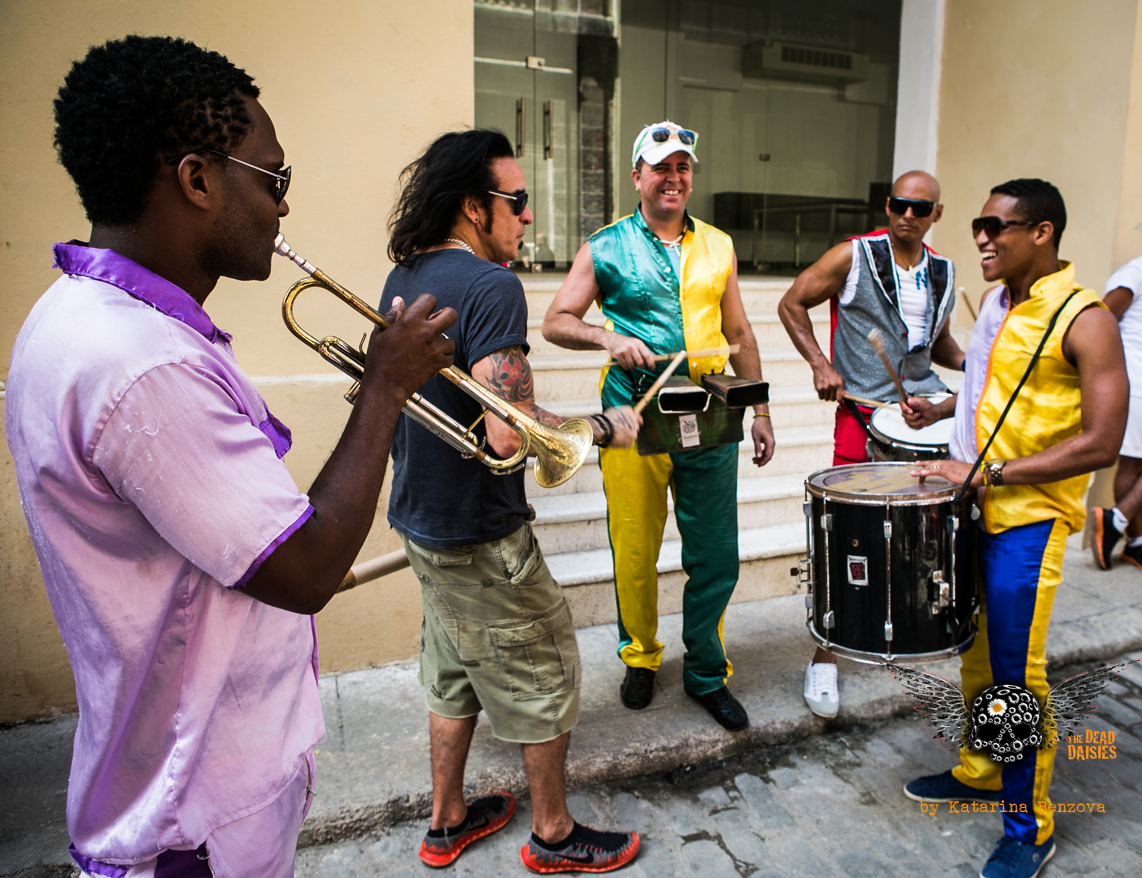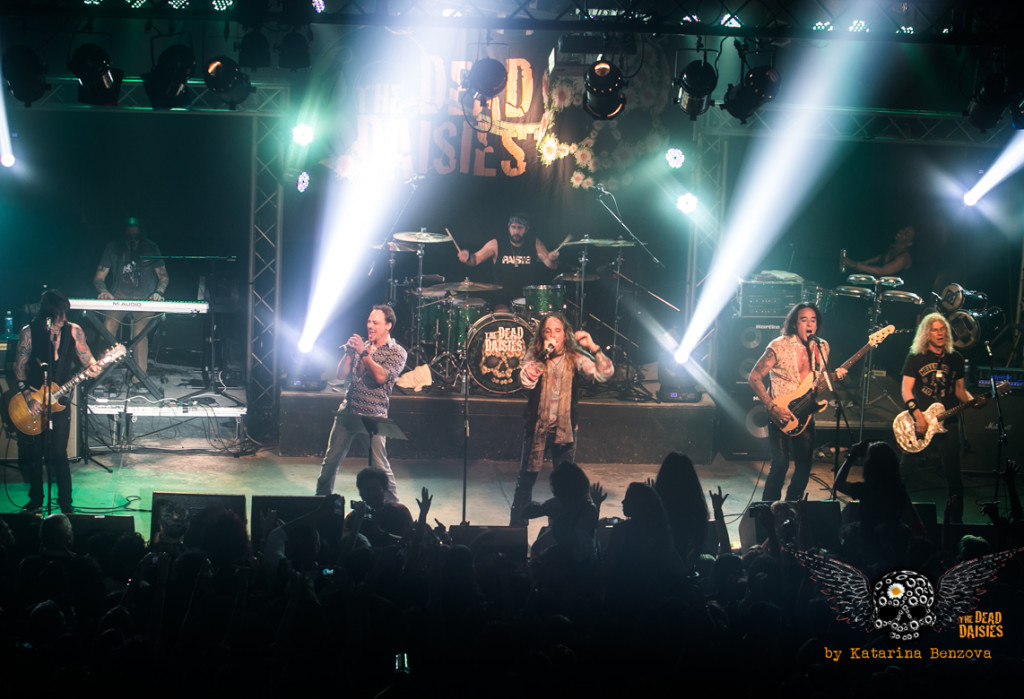
Cuba is the new Rock N’ Roll frontier
The rebuilding of diplomatic relations between the United States and Cuba opens up touring and artistic collaborations between the two countries. One of the first bands to bring its music to Havana is the Dead Daisies, a hard rock band composed of veteran musicians who tour with bands such as Guns N’ Roses, Whitesnake, and the Rolling Stones. The Dead Daisies recently came back from Cuba where they were guests of the Cuban Ministry of Culture. In Cuba, they performed a variety of shows, visited a music school, and recorded with Cuban musicians.
The trip was the first for an American rock band since Obama loosened travel and trade rules for the country. “Rock and roll is one of America’s great exports,” said keyboard player Dizzy Reed, who also has been Guns N’ Roses’s keyboard player since 1990. “It hasn’t reached those people in the way that it has the rest of the world, but there are a lot of people down there who are fans of Guns N’ Roses and a lot of the other bands that we’ve all played with collectively.”ç

The opening up of Cuba is exciting because it offers a new audience with which to share live music and find fresh enthusiasm that may be hard to find elsewhere in the world. Said Reed, “In this day and age, records are gone as are all of the other experiences that went along with rock music, but there’s nothing that’s ever really going to replace you showing up and playing.” In a time where cynics claim rock n’ roll is finally dead, Cuba offers the potential for pure excitement for the medium. Encountering the music of another culture has the potential to be creatively rejuvenating.
“From the moment we got in, we had nothing but the best hospitality anybody could offer,” said bass player Marco Mendoza, who has played with Thin Lizzy and Whitesnake. “It’s just obvious that they’re so hungry and thirsty for exchanging culture and connecting with the outside world.”
In addition to Cuban’s interest in hearing American bands live, the thawing of diplomatic relations also means opening up the American market to Cuban music.
“I had quite a few talks with some of the kids at the music school,” said Mendoza, who speaks Spanish. “They were so blown away and they were so happy. They get to the point where they start feeling like nobody cares. It’s like they’re not on the map. So I think this is a step in the right direction, acknowledging them and maybe encouraging them.”
Mendoza was humbled and inspired by the visit. “I would encourage bands that have the possibility to take the time to make it down there and enjoy and take it all in,” he said. “I walked away being reminded of how good we have it here in the U.S. and the things we take for granted and we have an abundance of life in every way.” Mendoza was also struck by the musical talent he encountered and the motivation Cuban musicians had to get beyond their circumstances. “They are so willing to do the work necessary to make a difference in this world, be it political or artistic or otherwise,” he said. By meeting with and learning from American musicians, Cuban artists can broaden their audience.
“They’re a poverty-stricken country in so many ways, but their spirit and their heart speaks so much louder than that,” he added. “They’ll get on the radar quick. They have the heart.” Both Reed and Mendoza were impressed by the musical talent they encountered and anticipate great music coming from Cuba in the near future.
(From: Forbes)


